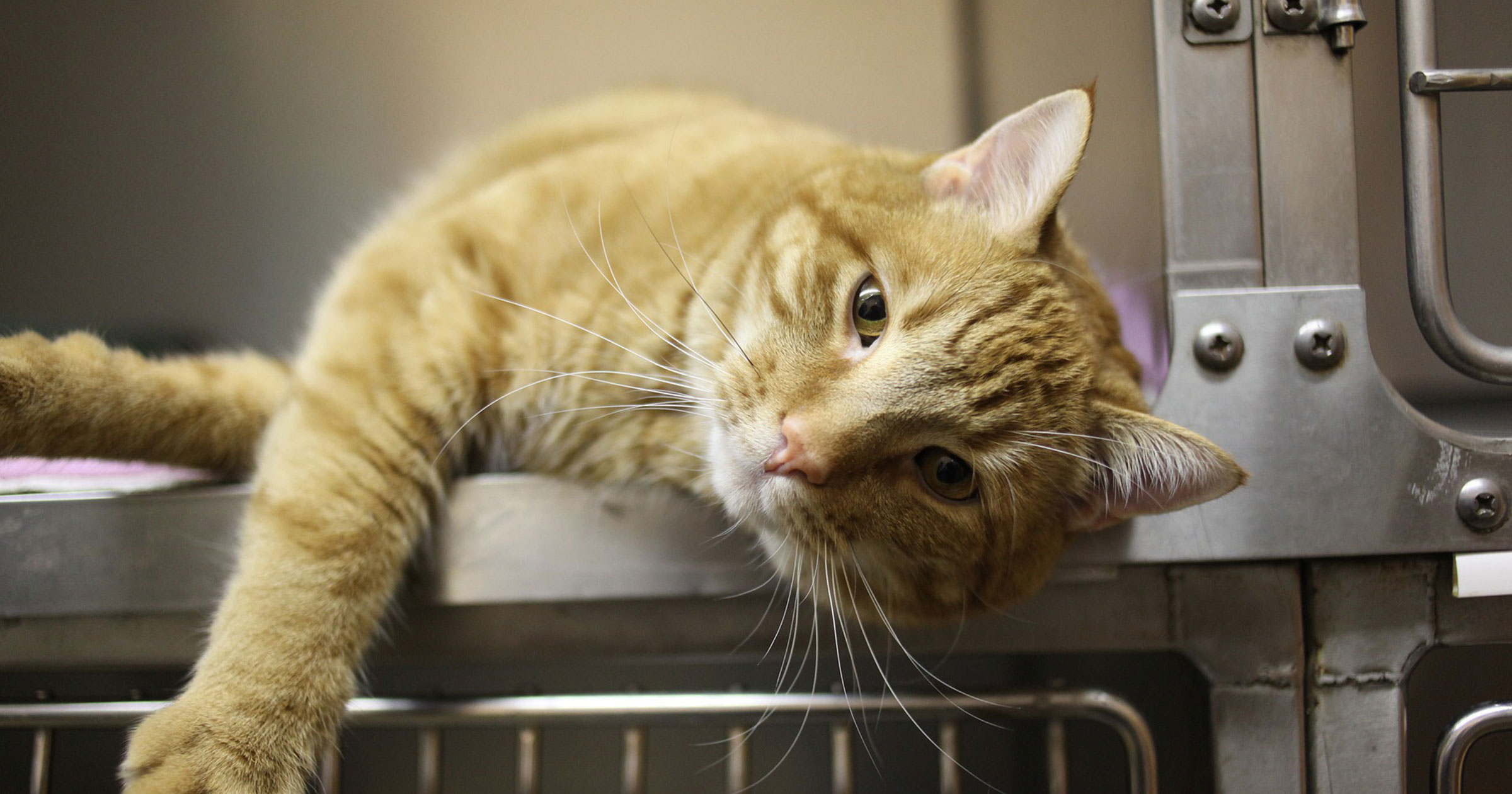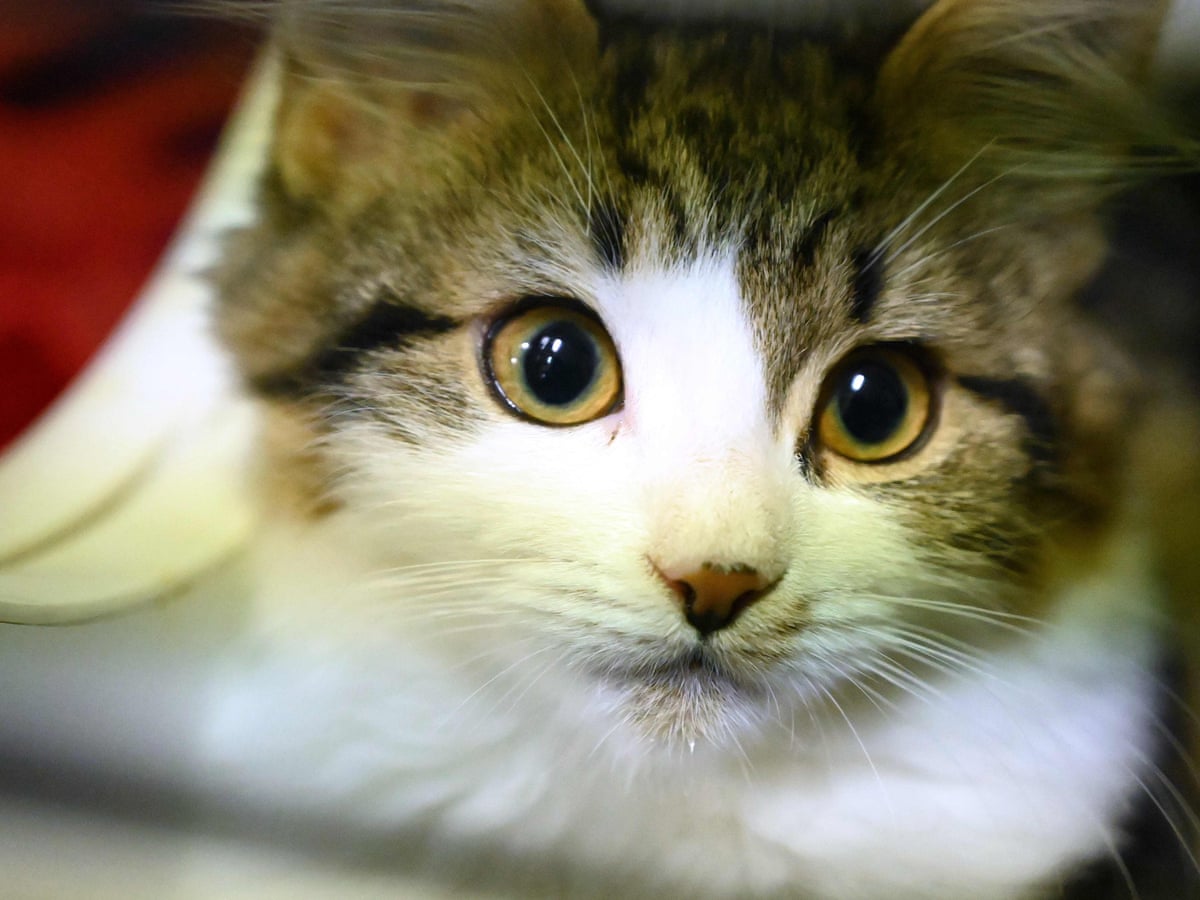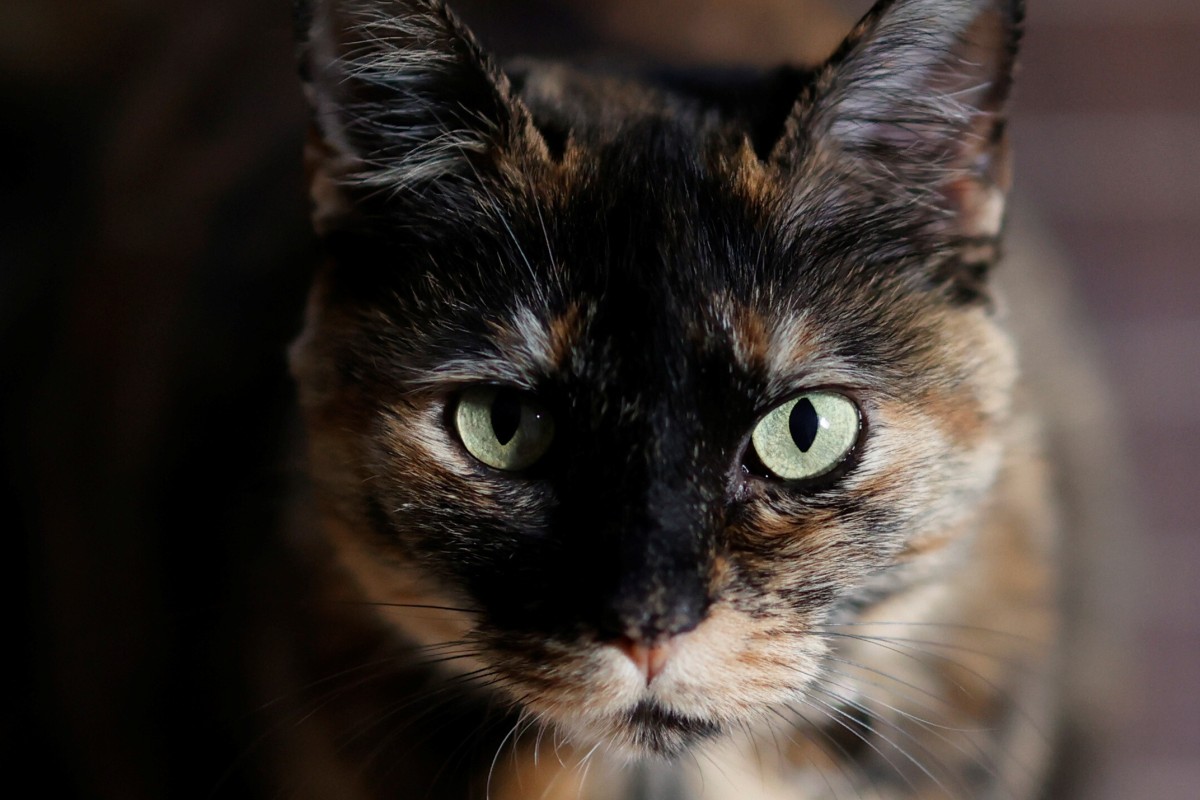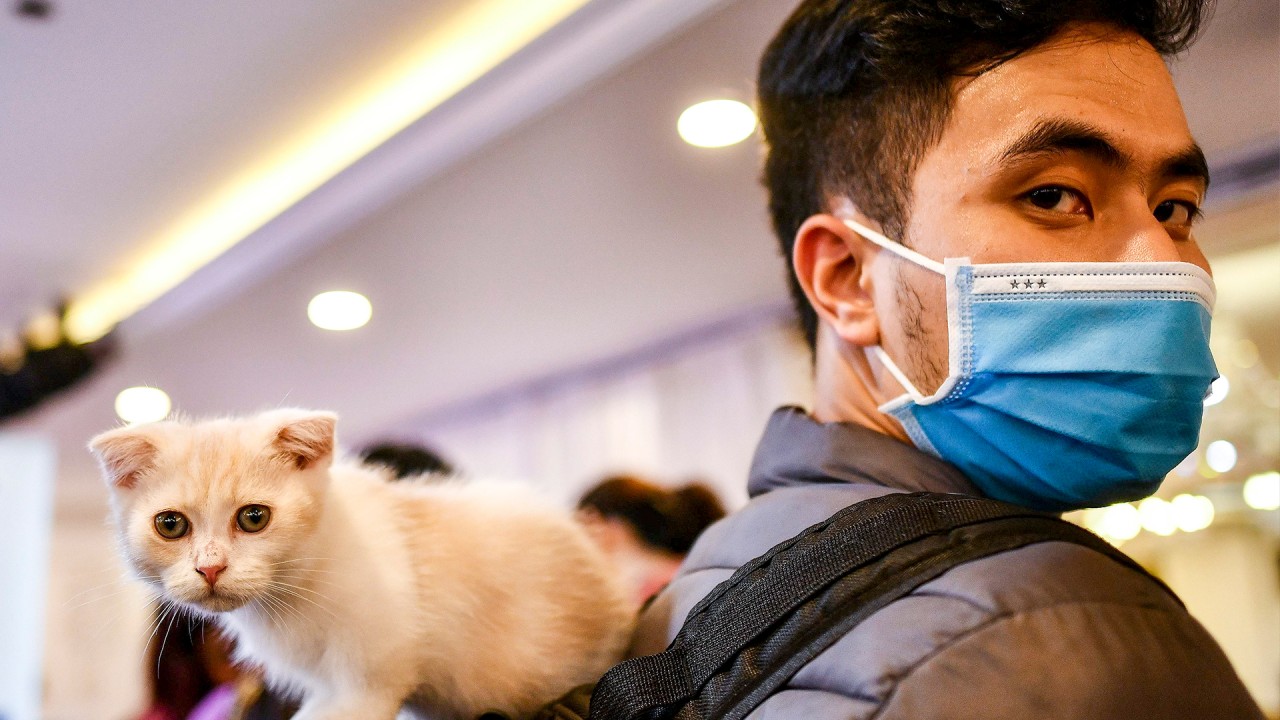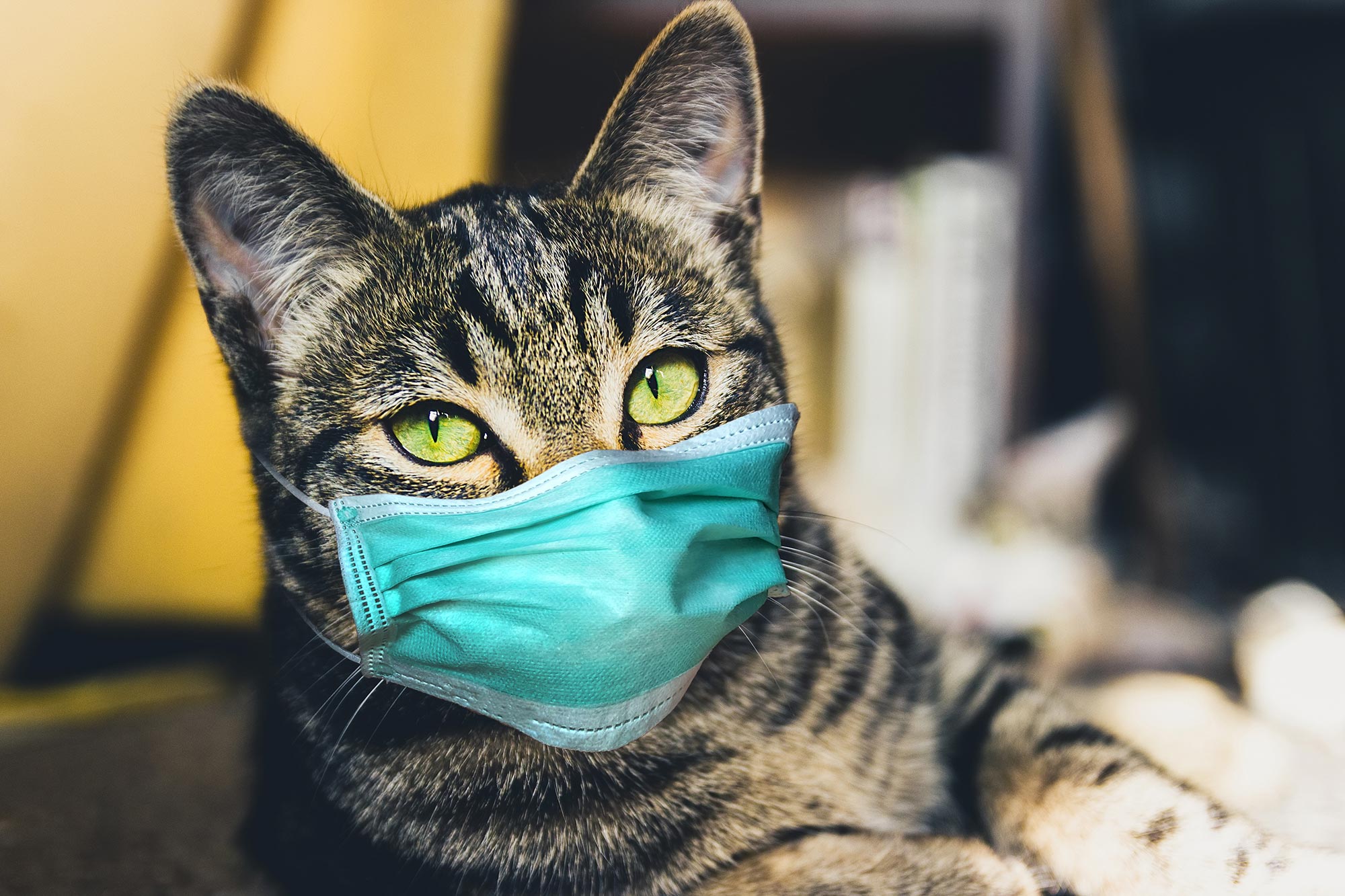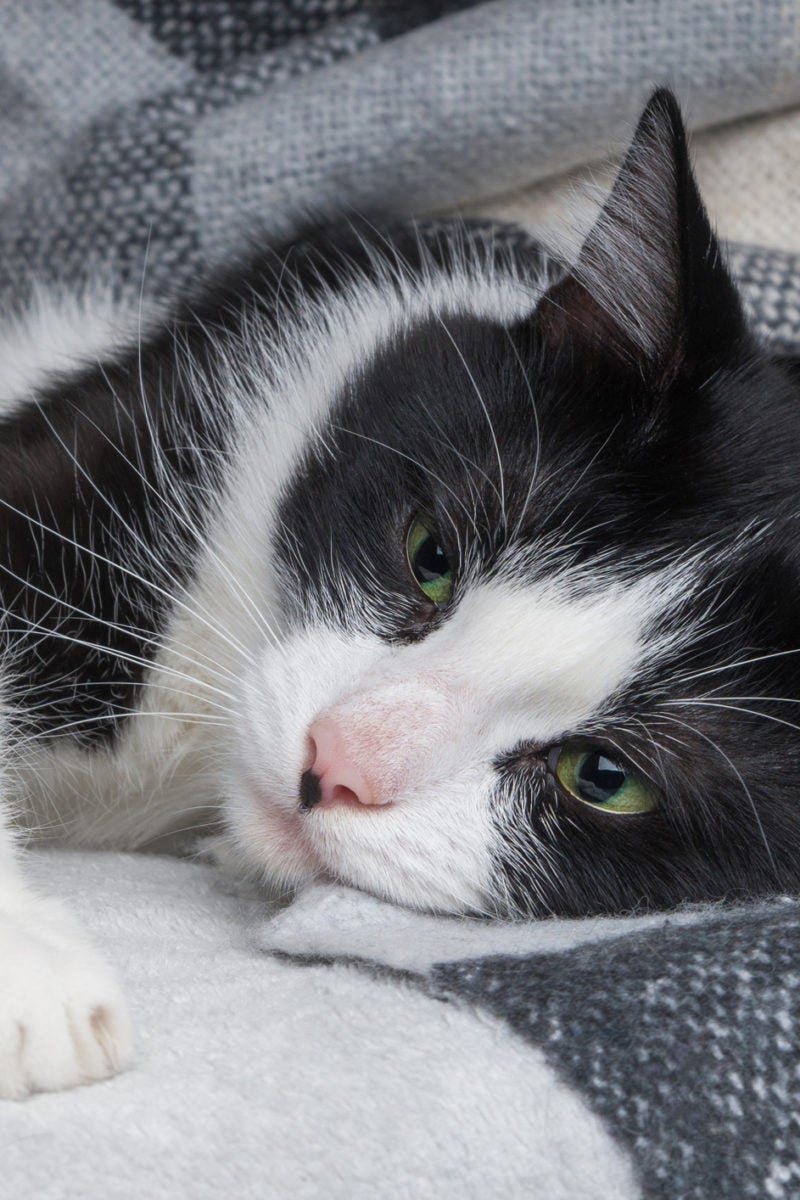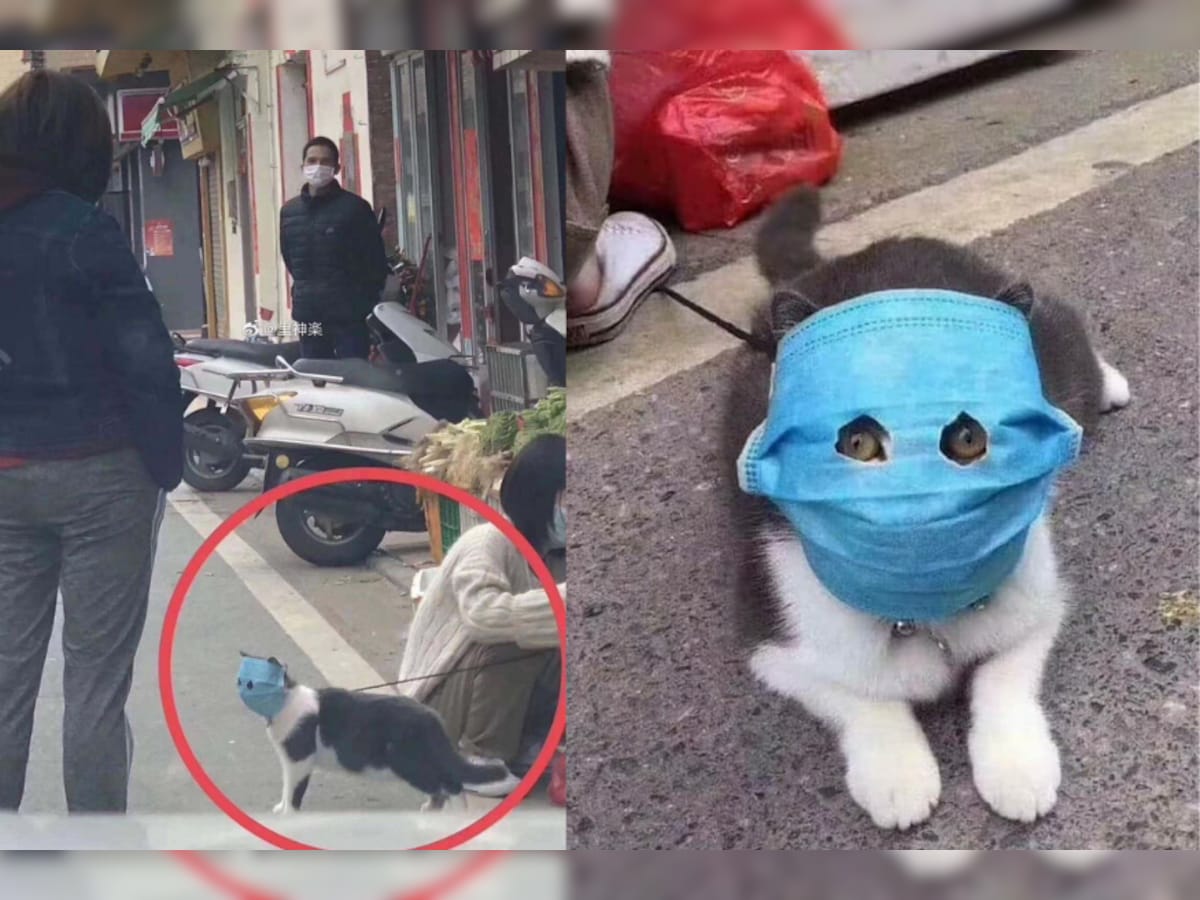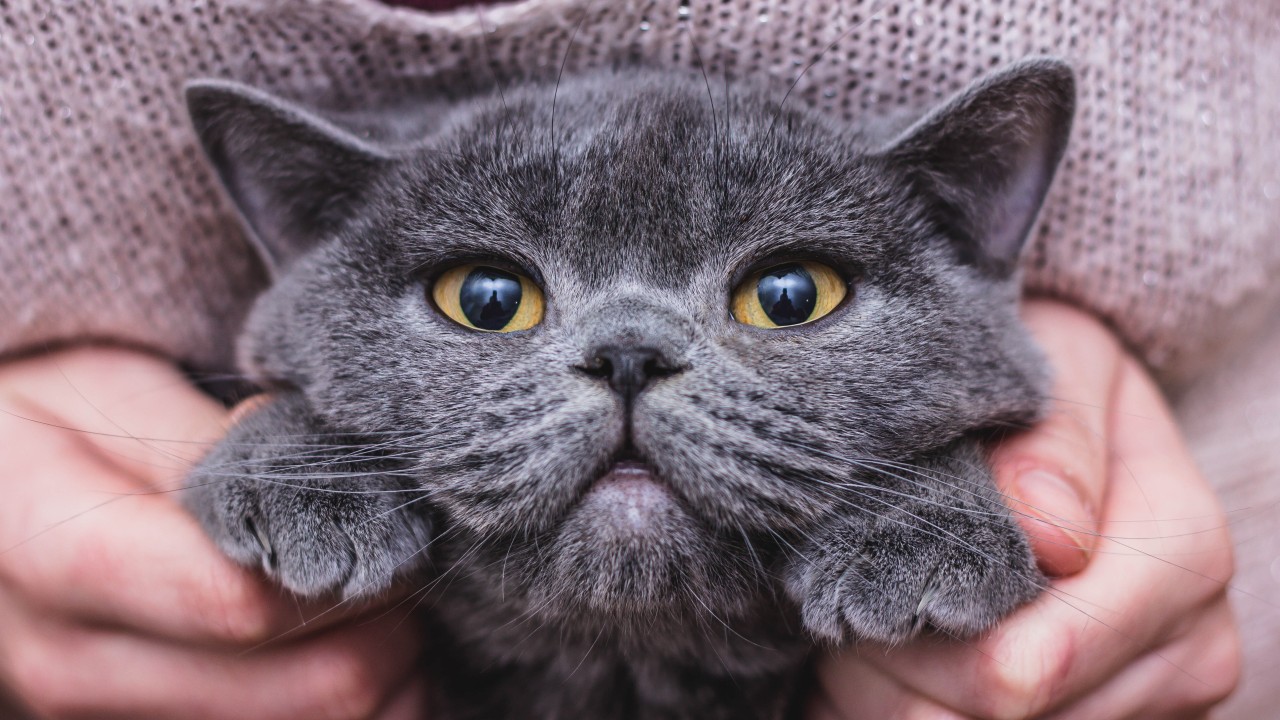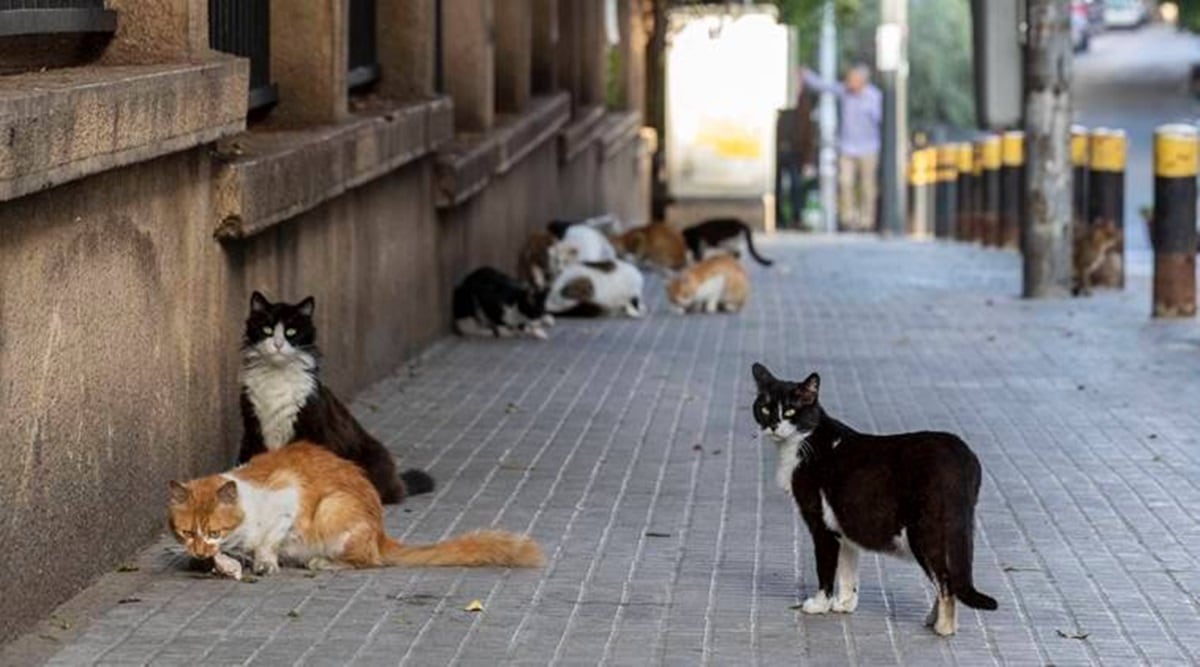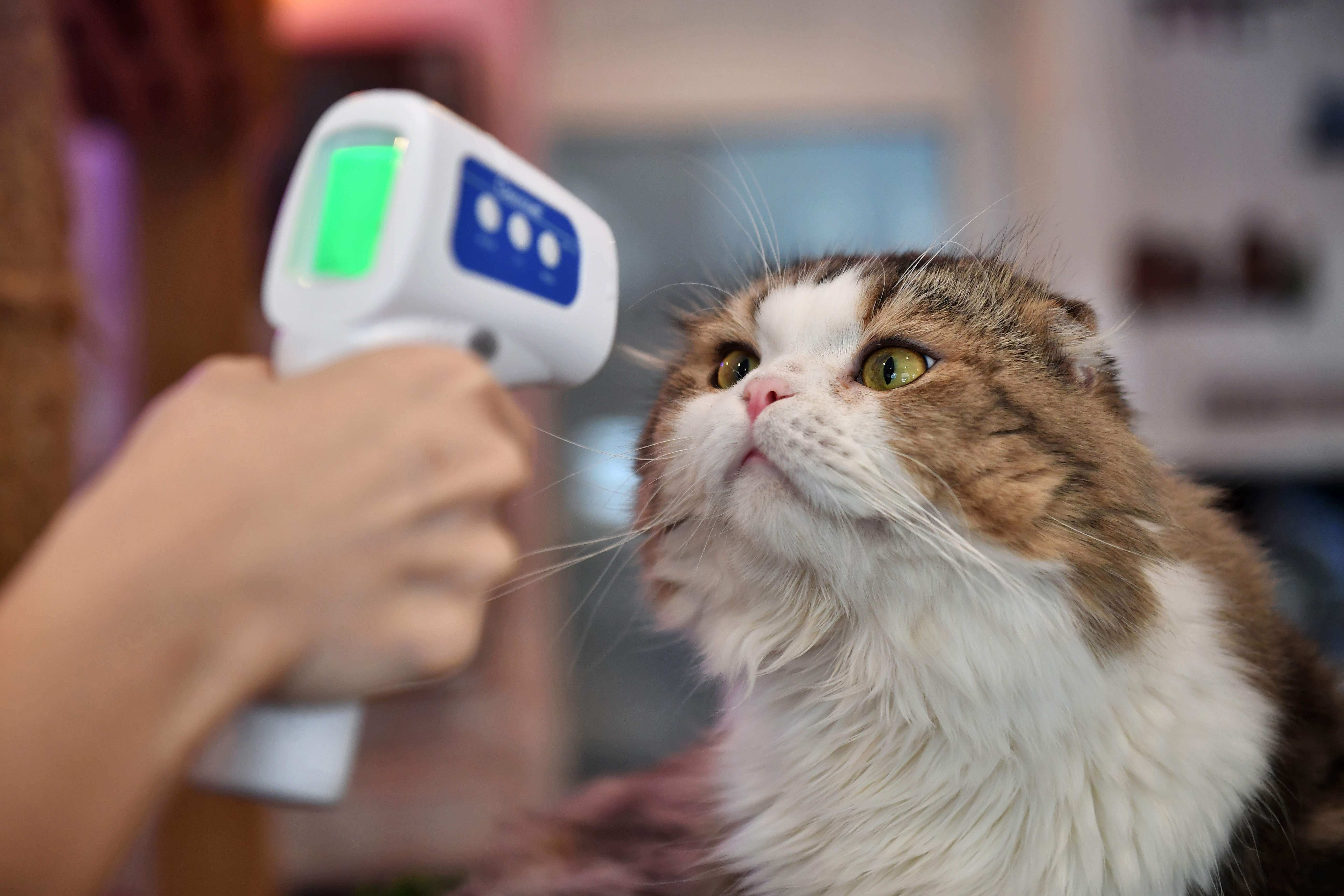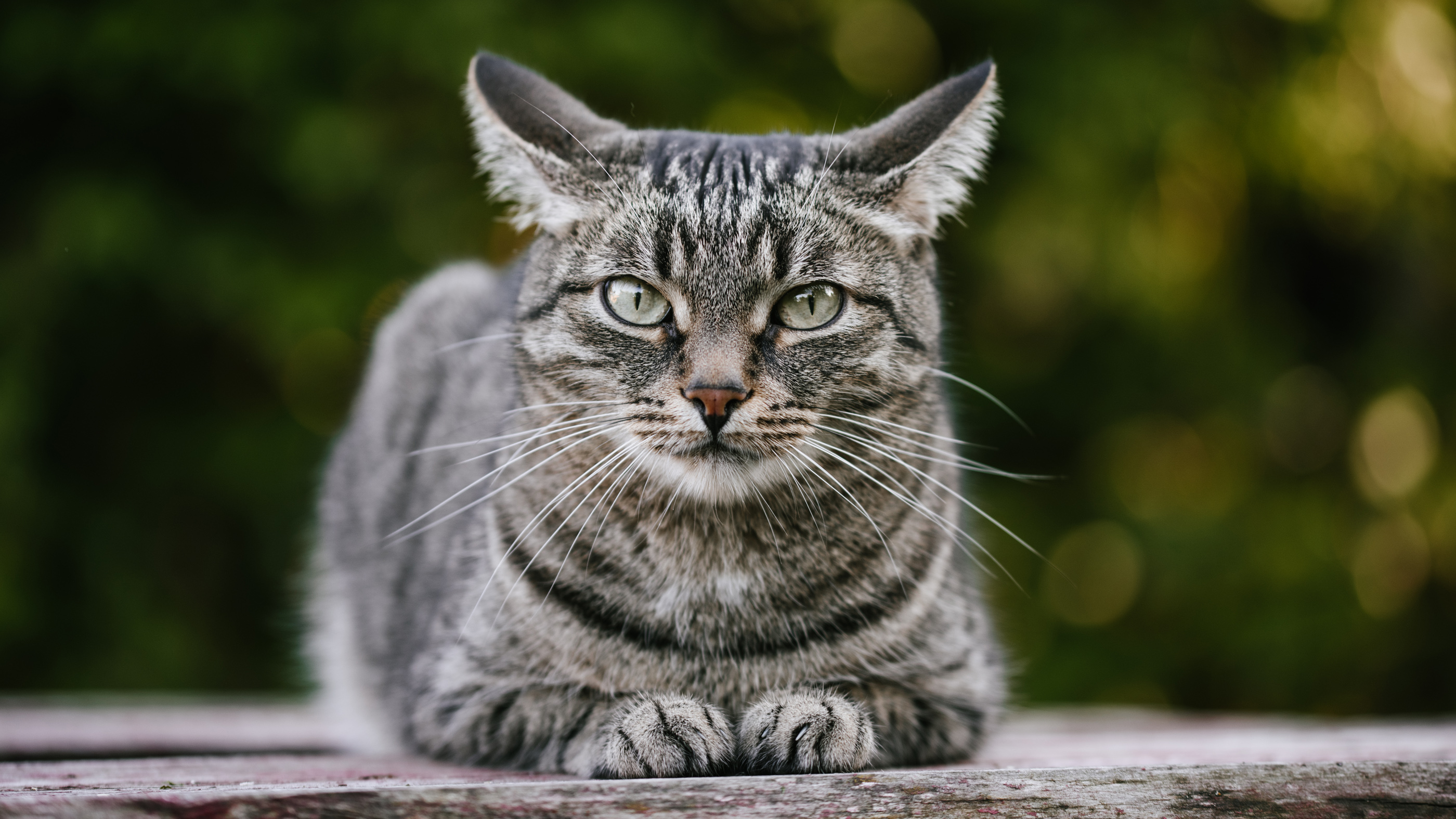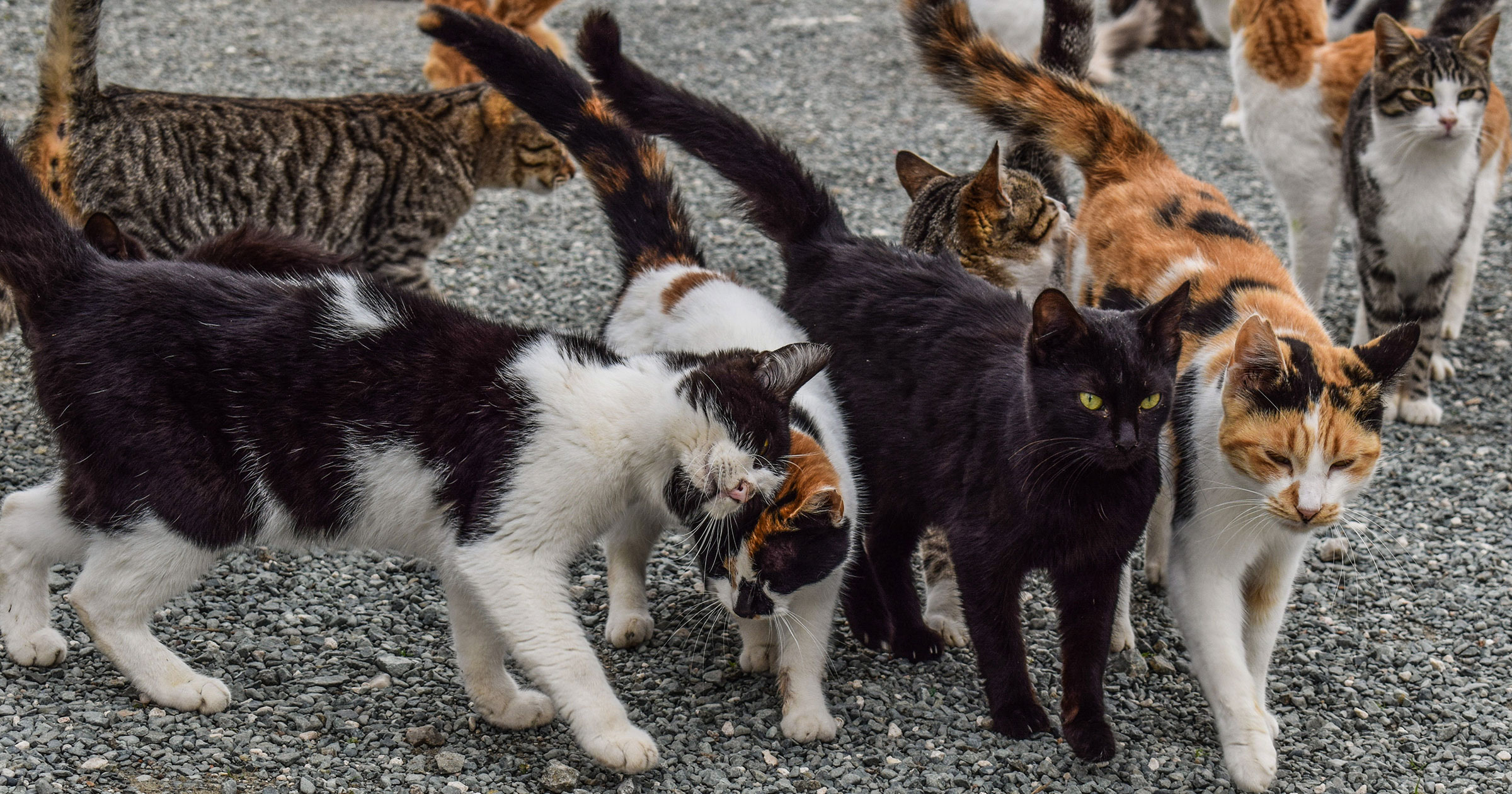Coronavirus In Cats Symptoms
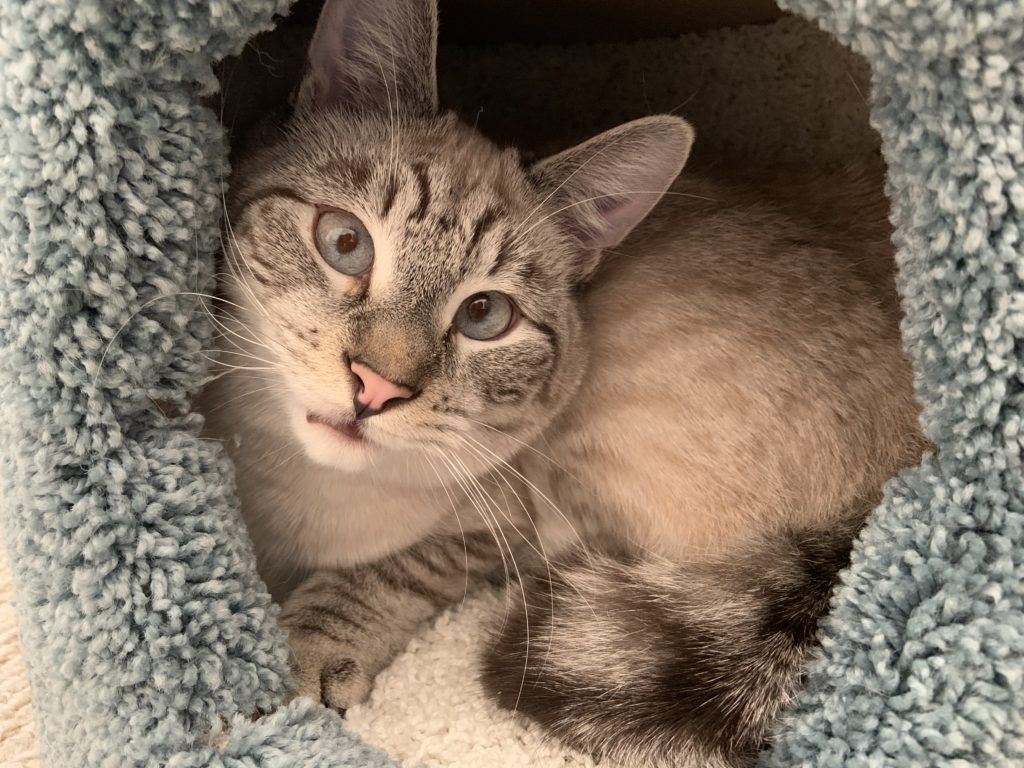
Eight cats and dogs that lived in the same homes as the pets that tested positive for.
Coronavirus in cats symptoms. The first signs of illness following infection from the feline infectious peritonitis virus can show after just a few days or only several months later. A new study says that domestic cats can be asymptomatic carriers of COVID-19 virus but pigs are unlikely to be significant carriers of the virus. If youve been diagnosed with are suspected of having or are displaying characteristic symptoms of coronavirus COVID-19 it is advisable to minimise the amount of time your cat spends outdoors unsupervised.
Fortunately most of the small number of animals that have tested positive for Covid-19 have either not had symptoms or only suffered very mild symptoms such as. It generally causes asymptomatic infection but can cause mild diarrhea. Fever- A normal temperature for your cat falls between 995-1025 Fahrenheit.
Cats are susceptible to natural infection with several strains of feline coronavirus that may result in either effusive and noneffusive FIP disease or in subclinical to severe enteritis. Mutation of FECV to a biotype capable of infection and replication within macrophages is responsible for development of feline. As yet poorly understood changes in the virus can give rise to mutants that lead to the development of feline infectious peritonitis FIP.
Investigators are still unsure of the routes by which strains of coronavirus are transmitted between cats. Feline enteric coronavirus FECV is an enveloped single-stranded RNA virus that is highly prevalent worldwide in domestic cats. Signs of coronavirus can be respiratory such as sneezing discharge from the nose runny eyes or gastrointestinal such as diarrhea or vomiting in origin.
At this point it appears house cats with COVID-19 developed a mild to moderate cough potentially accompanied by an increased breathing rate or. A sick cat should be isolated for 14 days in a safe and comfortable place in your home. What are the signs of coronavirus in cats.
Symptoms of feline herpes includes sneezing attacks discharge from the nose and eyes conjunctivitis or pink eye lesions in and around the eyes ulcers and congestion. According to the CDC the following signs may indicate that your cat has contracted COVID-19. Thirteen owned cats 27 had symptoms most commonly a runny nose and difficulty breathing.
